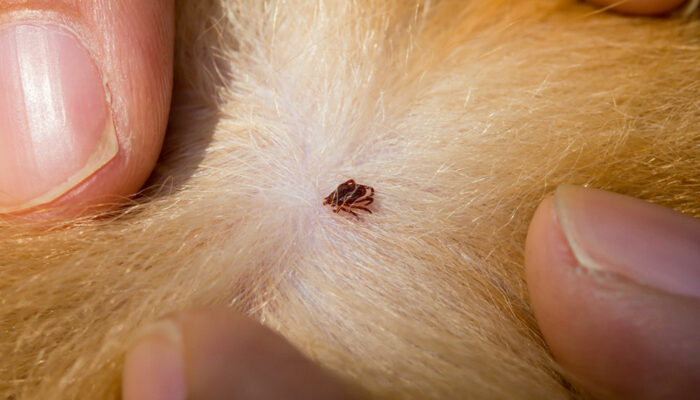
6 Tips to Help Manage Sleep Apnea Naturally
Sleep apnea is a condition that causes breathing to stop for a short time when the person is asleep. This results in a disturbed sleep cycle. There are many ways in which this condition can be treated, such as medication, surgery, and breathing devices. Listed below are six natural ways to manage sleep apnea that you can try.
1. Weight management
One of the easiest natural ways to manage sleep apnea is to keep your weight in check. If you are overweight, you could try losing a few pounds. When a person is overweight or obese, it increases the possibility of the airways getting obstructed or the narrowing of the nasal passages, resulting in sleep apnea. Hence, managing your weight can help relieve the symptoms of this condition.
2. Exercise
Regular exercise has plenty of health benefits and is also one of the natural ways to manage sleep apnea. Exercising boosts energy levels, strengthens the heart, and provides relief from sleep disorders. In most cases, sleep apnea has been found to be linked with a decreased amount of oxygen in the blood. Exercise such as yoga can help improve oxygen levels. It can also strengthen the respiratory system.
3. Change your sleep position
Studies have found that sleeping on your back, known as the supine position, can worsen the symptoms of sleep apnea. In some cases, changing or altering your sleep position could provide relief from the symptoms of sleep apnea.
4. Use a humidifier
Dry air can irritate the airways and cause breathing issues. Hence, using a humidifier to add moisture to the air, especially when sleeping, can ease the symptoms of sleep apnea. You can also add essential oils such as lavender, peppermint, and eucalyptus to the humidifier. These are known to have anti-inflammatory properties and can provide relief from breathing issues.
5. Limiting alcohol and quitting smoking
Alcohol and tobacco can cause inflammation of the airways, resulting in snoring or difficulty breathing while asleep. These are also considered to be risk factors for developing sleep apnea. Hence, lifestyle changes such as quitting smoking and avoiding or limiting the consumption of alcohol could be beneficial if you suffer from this condition.
6. Oral devices
These devices can be categorized as mandibular advancement devices and tongue stabilizing devices that are used to reposition the jaw and tongue to aid in proper airflow. You can get these devices over-the-counter or get them custom-fit by a dentist.
Try these natural ways to manage sleep apnea. However, if the condition still persists, consult your doctor for the necessary treatment. If sleep apnea is left untreated, this condition can result in a number of complications such as memory loss, increased risk of heart failure, and poor functioning of the immune system.



